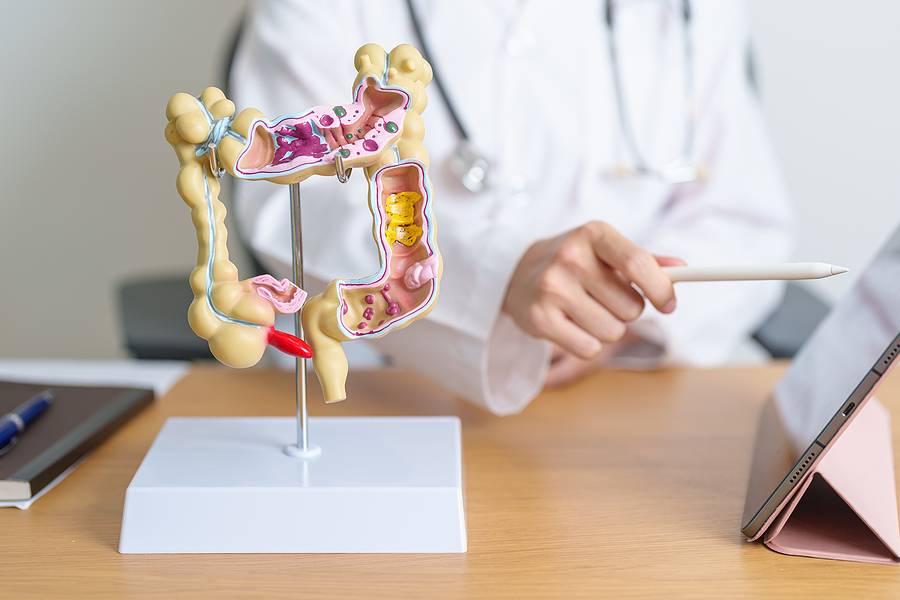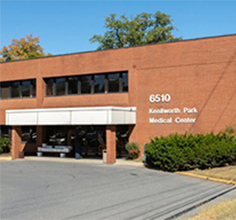
Cancer is a leading cause of death worldwide, accounting for nearly 10 million deaths every year. In the United States, colorectal cancer is the third leading cause of cancer-related deaths in both men and women. Fortunately, the death rate from colorectal cancer has been dropping in both men and women for several decades – thanks greatly to the growing emphasis on early detection through screening. Screening results in many colorectal cancers being found earlier, when they are likely to be easier to treat.
In this brief article brought to you by Southern Maryland Medical Group, we help you understand when, and how, to be screened for colon cancer. If you are looking for a licensed primary care physician, then call Southern Maryland Medical Group to schedule an appointment today. Many of our primary care doctors also offer walk-in appointments.
Colon cancer, also known as colorectal cancer, predominantly begins as a growth called a polyp within the colon or rectum. These polyps are often benign, but some can develop into cancer over time. Colorectal cancer typically advances through a slow and silent progression, often without symptoms in its early stages. As the disease advances, it can lead to symptoms such as changes in bowel habits, rectal bleeding, abdominal pain, or unintentional weight loss.
Early diagnosis is critical because the sooner colorectal cancer is detected, the more treatable it becomes. The five-year survival rate for localized colorectal cancer is approximately 90%. However, this rate significantly drops when the disease has spread to other parts of the body, underscoring the urgency of timely detection.
Colorectal cancer screening is a vital component of preventive healthcare, and its timing should be carefully considered based on individual risk factors and age. Some factors include:
Consult with your primary care physician to assess your specific risk factors and determine the most appropriate screening schedule.
There are several screening methods available, each with its own advantages and disadvantages. The primary screening options include a colonoscopy, fecal test, CT scan, or flexible sigmoidoscopy.
A coloscopy is the most thorough screening method, involving the examination of the entire colon and rectum using a flexible tube with a camera. A flexible sigmoidoscopy is similar to a colonoscopy but examines only the lower part of the colon.
The other options are less invasive. A fecal test checks for the presence of blood in the stool, which can be a sign of colorectal cancer. A CT scan, or computerized tomography, can also be used to scan the colon.
Regardless of the screening method chosen, consistency is key. Stick to the recommended screening schedule as advised by your healthcare provider.
Alongside screening, a healthy lifestyle can also reduce the risk of colorectal cancer. Maintaining a balanced diet, staying physically active, and avoiding smoking and excessive alcohol consumption are all important measures to consider.
Southern Maryland Medical Group has 3 convenient locations to provide professional medical care services in the Southern Maryland area. Call or schedule an appointment with one of our locations to get medical care help.

5801 Allentown Road, Suite 400 Camp Spring, MD 20746
Phone: 301-868- 0150
Billing Inquiries: 301-552-1270
Fax: 301-868-0243

7500 Greenway Center, Dr #1200 Greenbelt, MD 20770
Phone: 301-486-7580
Billing Inquiries: 301-552-1270
Fax: 301-486-7581

6510 Kenilworth Ave, Ste 1400, Riverdale MD 20737
Phone: 301-618-0771
Billing Inquiries: 301-552-1270
Fax: 301-618-0772